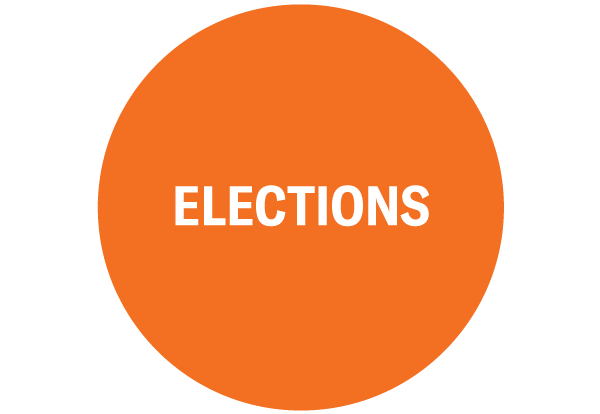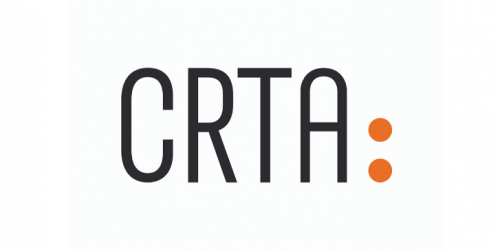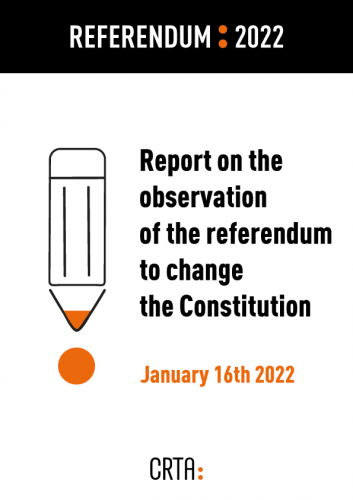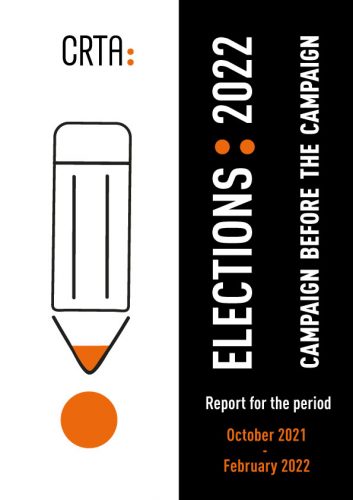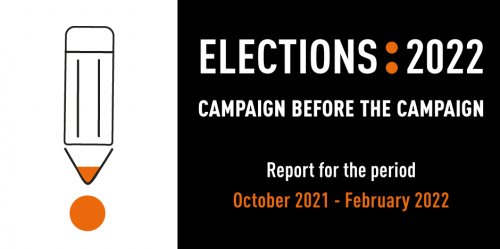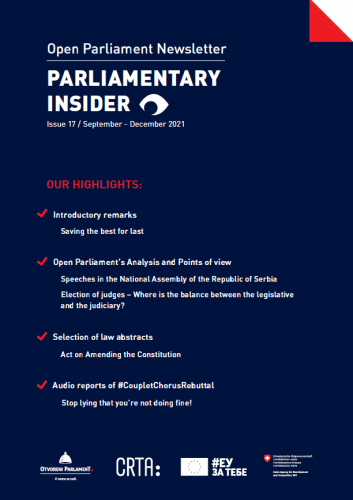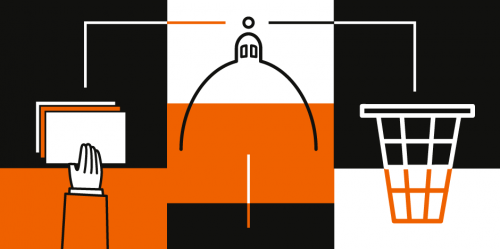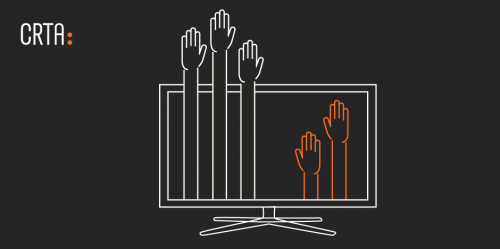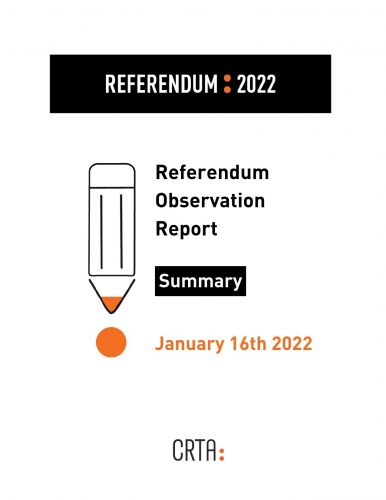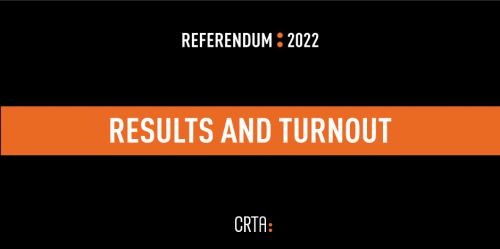The analysis showed that, in the absence of the official statements due to the state’s long hesitation to determine, mainstream pro-regime media reported dominantly in favour of Russia. In their reporting, they admired the supremacy of the Russian army and Putin’s determination to confront the West, creating a narrative of Russia as a victim. This was…
A referendum in which the citizens of Serbia voted to confirm the Act amending the part of the Constitution of the Republic of Serbia related to justice was called on November 30, 2021, and held on January 16, 2022, at 8,189 polling stations. 6,510,323 citizens of Serbia were registered to vote. The referendum was organized…
The findings of the CRTA Observation Mission are that, unlike previous pre-election periods, and in the context of a parliament without any opposition parties , state institutions were strongly involved in running the campaign before the campaign until the calling of the elections. The key feature of this period and institutional practice was the production…
Erasing the line between state and party interests, and a strong commitment of government representatives to use state institutions as a means to secure support to the ruling party and to build a personality cult around Aleksandar Vučić, with contributions by mainstream media, marked the “campaign before the campaign”, as shown by the CRTA Election…
The twelfth parliamentary legislature is characterised by high-intensity activities. 130 sitting days, 38 regular sittings (compared to 13 during 2016-2017) and 14 extraordinary (compared to 3 during 2016- 2017). Increased activity, however, does not mean more work on the quality of regulations. Parliamentary debates are used to deal with political dissidents. As many as 70…
On February 4th, Members of Parliament adopted a set of new laws regulating the conduct of the election process. These laws came into force on February 7th, meaning that the changes were adopted just before the calling of the election campaign, and less than two months before the election day announced for April 3, 2022….
Findings of the “political pluralism monitoring” in television programs, conducted by the Regulatory Authority for Electronic Media (REM) and presented to the public by the Temporary Supervisory Body for Media Monitoring, do not paint a credible picture of the objectivity and professionalism of the mainstream media scene in Serbia, or the representation of political actors in television reporting.
The referendum was organized within short deadlines, with changes of the law regulating the conduct of the referendum only several days before it was officially called, contrary to international democratic standards.1 The period of the referendum campaign was marked by growing socio-political tensions, as well as the timing of the referendum, that was organized just few months before the regular presidential and Belgrade elections, and extraordinary parliamentary elections, announced for April 2022.
On the basis of 98 percent of processed sample, a total of 57,4 percent of citizens who voted “for” the confirmation of the act on changing the Constitution of the Republic of Serbia, while a total of 41,6 percent of voters voted “against” constitutional changes, the CRTA’s observation mission reported. Margin of error with confidence interval of 95% was +/- 2,4 percent. Invalid ballots numbered a total of 1 percent of ballots.
Our topics
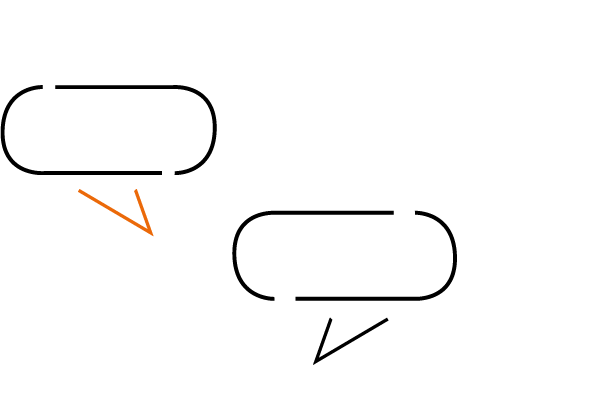
Democratic culture
Because politics is not just for politicians. It is our human and citizen right to participate in the processes of making decisions which influence our lives. A dialogue has no alternative.
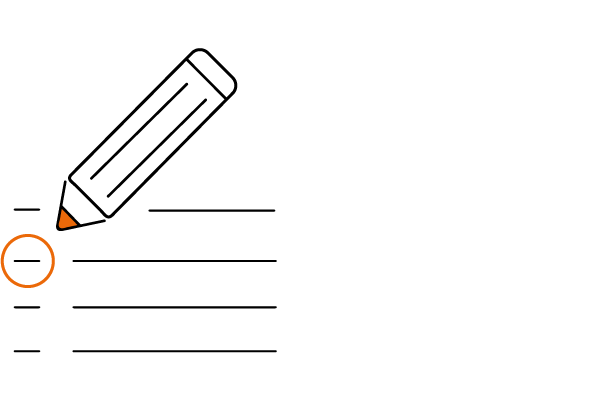
Free and fair elections
Because elections are the pillars of democracy. It is every citizen’s right to decide on whom to give his/her vote in free and fair conditions. Our vote is valuable and it can make a difference.
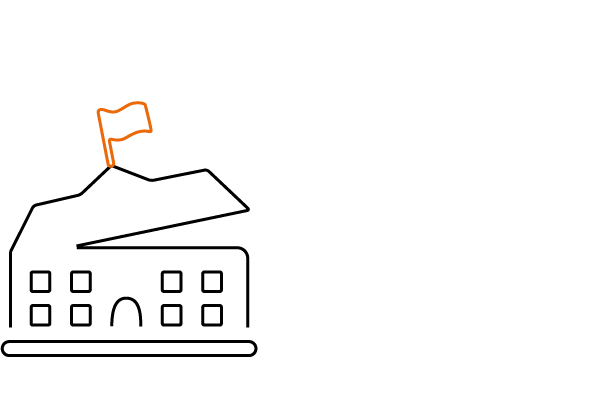
Open institutions
Because institutions serve the citizens. We need strong institutions with integrity which protect the public interest.
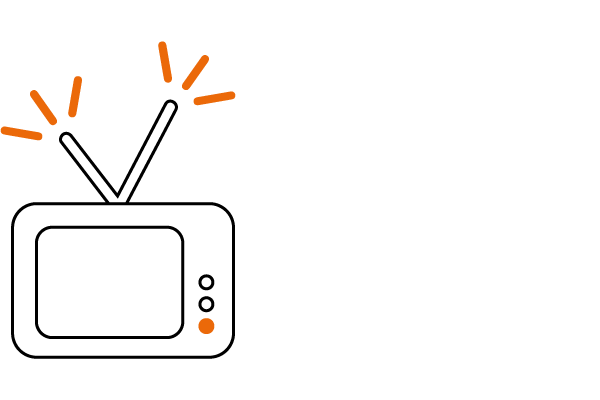
Free media
Because media should ask questions and critically analyse the reality. We need the media which protect the public interest and tackle the needs of the citizens.






